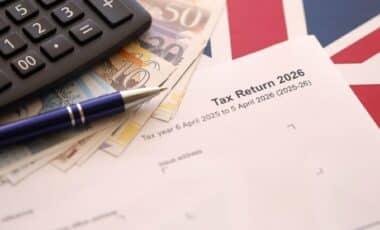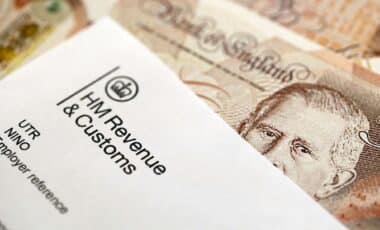Millions of UK households are bracing for a significant financial hit next year, with losses averaging £356 per person for the wealthiest tenth of households, according to new analysis from the Resolution Foundation. The forecast comes as Rachel Reeves, the shadow chancellor, navigates spending constraints and a search for economic growth in 2025.
Impact of Economic Changes on Living Standards Across Income Groups
While public service improvements could mitigate some financial pain, disposable incomes are expected to fall across most income groups. The wealthiest households could see a 0.6% drop in living standards, equating to £356 per person, even when considering the value of public services.
Middle-income households are predicted to fare slightly better, with a modest 0.2% rise in living standards, equivalent to £28. However, the poorest families face increasing pressure from rising housing costs, council tax increases, and real-terms reductions in social security payments.
Key living standard forecasts by income group:
| Income Group | Change in Living Standards | Cash Impact (Average) |
|---|---|---|
| Wealthiest 10% | -0.6% | -£356 |
| Middle-income households | +0.2% | +£28 |
| Poorest households | Challenged by rising costs | Not specified |
Mike Brewer, interim chief executive of the Resolution Foundation, highlighted the Chancellor’s strategy:
“The budget tax-rise gamble from the Chancellor is that, while people may not be better off in purely financial terms, they will feel better off if we can have better, less dysfunctional public services.”
Economic Outlook and Growth Projections Amidst Challenges
The broader economic outlook remains challenging. The Bank of England anticipates zero GDP growth in the final quarter of 2024, with economists warning of a potential recession. Recent data from the Office for National Statistics reveals the economy contracted by 0.1% in October, following a similar decline in September.
Looking ahead, the Office for Budget Responsibility (OBR) projects 2% GDP growth in 2025, but independent forecasters suggest a more conservative figure of 1.3%.
Labour leader Sir Keir Starmer has emphasised a desire to ensure that economic growth delivers tangible benefits to households, stating that it should not be reduced to “a line on a chart.”
Government Spending Reviews and Their Impact on Economic Stability
The economic squeeze is further compounded by looming government spending reviews. Departments have been ordered to achieve efficiency savings of 5%, with a detailed review set for publication in June.
Carl Emmerson, deputy director of the Institute for Fiscal Studies, commended Reeves’ focus on investment but warned that limited options remain if growth fails to materialise:
“She’s not given herself huge wiggle room against her fiscal targets and the spending plans. Spending looks pretty tight from April 2026 onwards.”
Leveraging Service Improvements to Alleviate Household Financial Pressure
The Government has defended its fiscal strategy, emphasising the importance of public service improvements as a means of offsetting the financial squeeze on households. A Treasury spokesperson stated:
“The challenge we face to fix our economy and properly fund our public finances after 15 years of neglect is huge. But this is only fuelling our fire to deliver for working people.”
The spokesperson reiterated that the budget and accompanying plan would “deliver sustainable long-term growth, putting more money in people’s pockets through increased investment and relentless reform.”
The Impact of Rising Costs on Living Standards and Future Economic Strategies
Rising costs continue to erode living standards, with the latest figures showing the Consumer Prices Index inflation rose to 2.6%, the highest rate since March.
While households await further clarity from the OBR’s updated forecasts on March 26, the outlook for disposable income and living standards remains bleak. Reeves will face mounting pressure in Parliament to outline how Labour plans to address these economic challenges and support struggling households.









